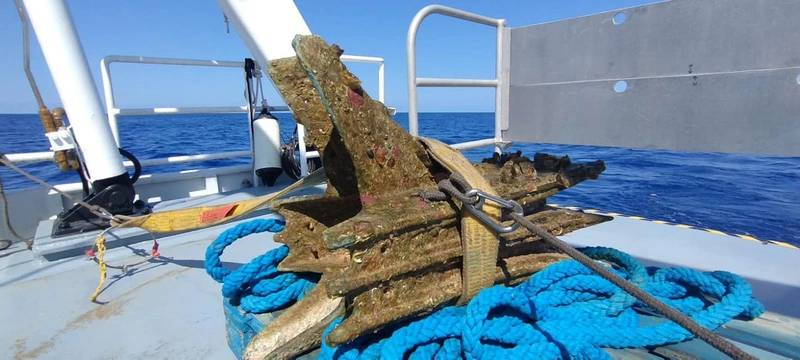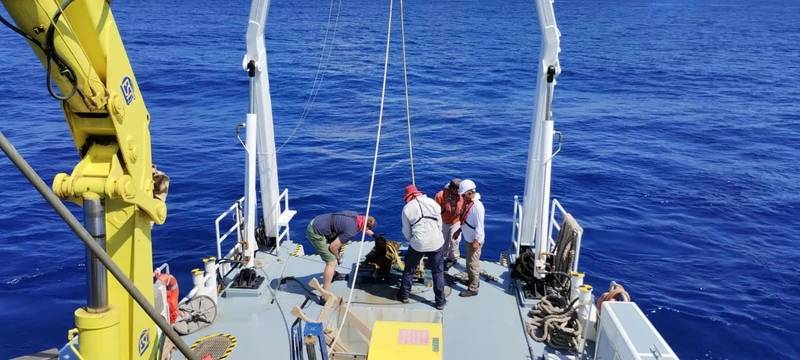Relic from Third-century Naval Battle Found Off Sicily
An ancient Roman relic from the almost 2,300-year-old naval battle in which Rome defeated its archenemy Carthage has been recovered from waters off western Sicily, regional authorities said on Friday.
The 3rd-century B.C. bronze ram, which was put on the bow of warships to attack enemy vessels, was found at a depth of about 80 meters (260 feet) in the area of the archipelago of the Aegates Islands, the Sicilian regional government said in a statement.

The Battle of the Aegates Islands, in 241 B.C., was the final naval clash between the fleets of Carthage and the Roman Republic during the First Punic War and marked a turning point for the two powers.
Carthage, located near Tunis in modern-day Tunisia, went into decline after its defeat.
The ram was retrieved this month by divers from the Society for the Documentation of Underwater Sites and taken to Favignana, one of the Aegates Islands, where it is being studied by archaeologists, the Sicilian government said.
The front of the battering ram has a relief decoration with a Montefortino-type helmet with three feathers at the top, while seaweed and shell deposits make it impossible for the moment to see any inscriptions, regional authorities said.
The relic is the 27th ram from the naval battle to have been found underwater since the 2000s, along with more than 30 ancient Roman helmets, two swords and several coins and amphorae, they added.

(Reuters - Reporting by Marta Di Donfrancesco, Matteo Negri; editing by Alvise Armellini and Jonathan Oatis)
